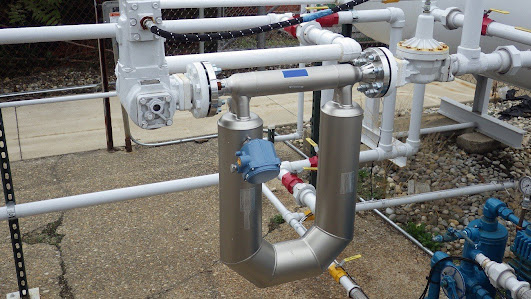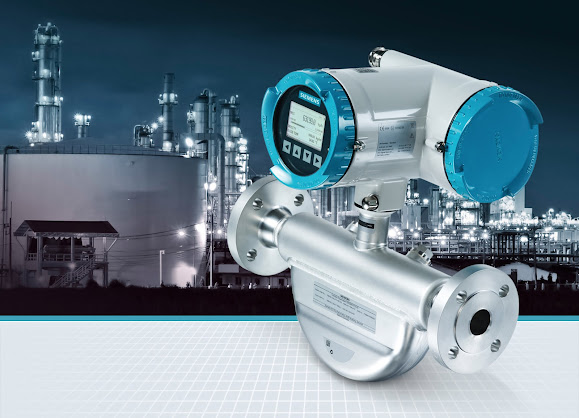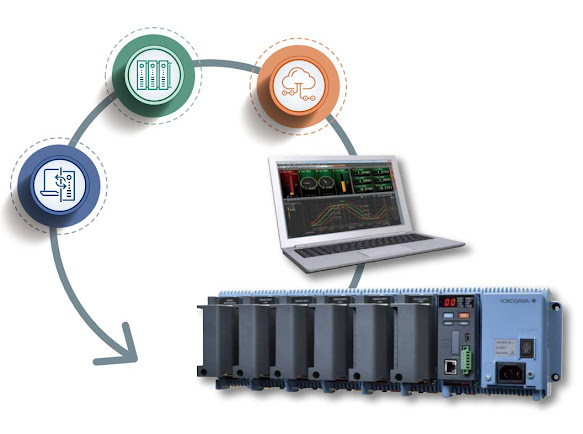5 Innovative Applications of Water Flow Meters in Agriculture
As technology continues to revolutionise the agricultural sector, water flow meters have emerged as essential tools for efficient water management. These devices, designed to measure the flow rate of water in irrigation systems, offer farmers precise insights into their water usage.
Beyond the basic function of measuring water flow, water flow meters find innovative applications that empower farmers to optimise their irrigation strategies and enhance crop yields. Let's delve into five innovative ways water flow meters are transforming agriculture.
Precision Irrigation Management
In traditional farming methods, water was often applied uniformly across fields, leading to inefficient water usage and potential crop damage from overwatering or underwatering. With the advent of water flow meters, farmers can now implement precision irrigation management techniques.
By accurately measuring water flow rates at various points in the irrigation system, farmers can tailor water distribution to match the specific needs of different crops and soil types. This precision ensures optimal moisture levels for plant growth while conserving water resources.
Leak Detection and Prevention
Water scarcity is a pressing concern in many agricultural regions, making it crucial for farmers to minimise water loss due to leaks or inefficiencies in irrigation systems. Water flow meters play a vital role in leak detection and prevention by continuously monitoring flow rates.
Sudden fluctuations or deviations from expected flow patterns can indicate potential leaks or blockages in the system. By promptly identifying and addressing these issues, farmers can prevent water wastage and preserve precious resources.
Monitoring Water Quality
In addition to quantity, the quality of irrigation water significantly impacts crop health and productivity. Water flow meters equipped with sensors can measure not only flow rates but also water quality parameters such as pH, conductivity, and dissolved oxygen levels.
By monitoring water quality in real-time, farmers can identify any contaminants or variations that may affect crop growth. This proactive approach allows for timely adjustments to irrigation practices, ensuring optimal growing conditions and minimising the risk of crop damage.
Integration with Smart Farming Systems
The rise of smart farming technologies has enabled seamless integration between water flow meters and other precision agriculture tools. By connecting water flow meters to cloud-based platforms or farm management software, farmers gain access to comprehensive data analytics and decision support systems.
These integrated solutions can provide insights into water usage trends, predict irrigation requirements based on weather forecasts, and even automate irrigation scheduling. By harnessing the power of data-driven decision-making, farmers can maximise efficiency and productivity while minimising environmental impact.
Drip Irrigation Optimisation
Drip irrigation systems are renowned for their water-saving capabilities, delivering water directly to the roots of plants with minimal loss through evaporation or runoff. Water flow meters enhance the efficiency of drip irrigation by precisely monitoring flow rates at each emitter or drip line.
This granular level of monitoring allows farmers to detect clogged emitters, adjust flow rates for different crop stages or soil conditions, and fine-tune irrigation schedules for optimal water distribution. As a result, farmers can achieve higher water use efficiency and better crop yields with drip irrigation systems.
Conclusion
Water flow meters are indispensable tools for modern agriculture, offering far more than just the measurement of water flow. From precision irrigation management to leak detection, water quality monitoring, integration with smart farming systems, and drip irrigation optimisation, these innovative devices empower farmers to make informed decisions and optimise their water usage.
By embracing water flow meters and incorporating them into their irrigation practices, farmers can sustainably manage water resources while maximising crop productivity for a brighter agricultural future.



Comments
Post a Comment